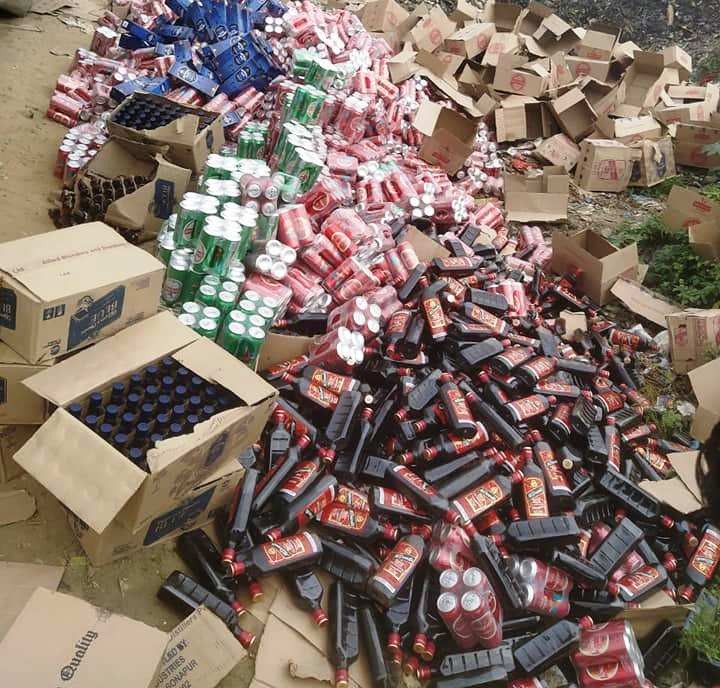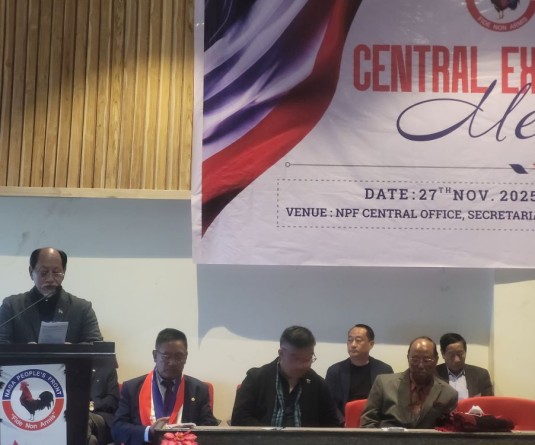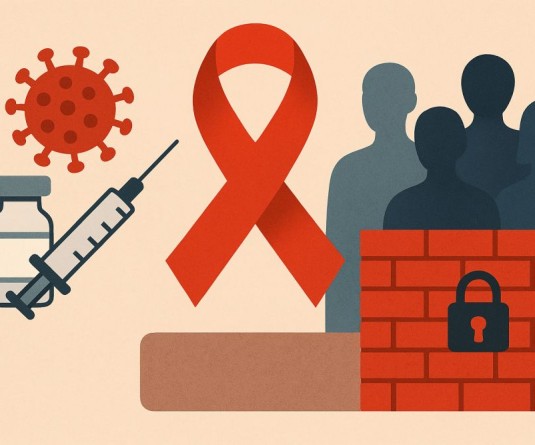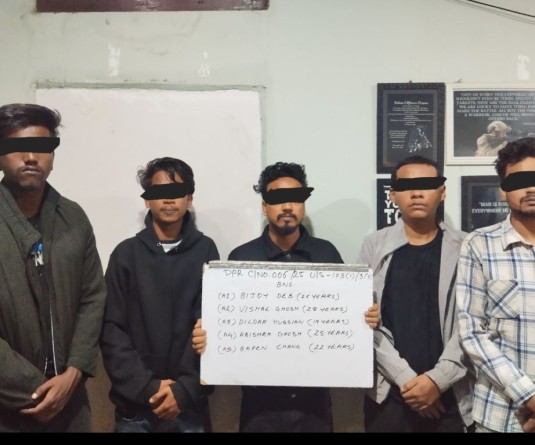
DIMAPUR, NOVEMBER 27 (MExN): The Ao Baptist Arogo Mungdang (ABAM) has submitted a detailed memorandum to the Chief Minister of Nagaland, urging the government to fully implement the Nagaland Liquor Total Prohibition (NLTP) Act, 1989, and opposing recent demands from civil society groups to relax the law in Dimapur district.
In its memorandum, ABAM outlined its concerns regarding ongoing proposals from certain NGOs and civil society organisations seeking relaxation of the NLTP Act. The organisation said such proposals, if accepted, would undermine the original intent of the Act and have long-term social consequences.
The memorandum recalled that the NLTP Act was enacted following appeals from churches and civil society organisations, prominently led by the Nagaland Baptist Church Council (NBCC), in response to the social, moral, health, and economic harms caused by unrestricted access to alcohol. The Act, ABAM said, “emerged as a legislative expression of the people’s collective will to safeguard future generations from addiction, family breakdown, and social decay.” The organisation added that by upholding the Act, Nagaland became “a moral and social example both within India and beyond.”
ABAM strongly refuted claims that the Act has “failed.” The memorandum stated that such conclusions are “both factually unsound and morally untenable,” arguing that the law has never been fully operationalised. “The Act has never been implemented in its full spirit: The legislation explicitly mandates the establishment of a ‘Commission’ to guide, monitor and ensure systematic implementation. However, since the enactment of the NLTP Act, this statutory Commission has never been constituted,” it said. ABAM also noted that adequate enforcement mechanisms were not put in place, including essential manpower, monitoring structures, and operational frameworks, leading to loopholes, weak vigilance, and unchecked illegal trade. The memorandum emphasised that “a law that has not been operationalised cannot be evaluated: It is unreasonable to judge the Act as a ‘failure’ when it was never given the opportunity to function as intended.”
The organisation said that challenges observed today are “not failures of the NLTP Act itself, but direct consequences of prolonged non-implementation and the absence of sustained governmental commitment to operationalise the provisions already enacted by the legislature.”
ABAM also expressed concern over recent pressure from civil society groups, particularly the Dimapur Naga Council (DNC) and allied organisations, which have urged the government to lift the NLTP Act specifically in Dimapur district. The memorandum said such submissions attempt to portray the prohibition policy as outdated and ineffective, a characterisation it described as inaccurate. The organisation firmly opposed these proposals, calling them “contrary to the moral, social and long-term welfare of our people,” and warned that lifting the ban in Dimapur would effectively dismantle the prohibition framework across the state and lead to severe social consequences.
The memorandum outlined potential consequences if the law were relaxed in Dimapur, the commercial hub and gateway to Nagaland. ABAM warned that such a move would lead to a rapid influx of alcohol into all districts, normalisation of consumption across communities, accelerated addiction rates among youth, proliferation of illegal suppliers, increased domestic conflicts, accidents, and other health-related harms. The organisation said it would also undermine decades of spiritual, social, and community-driven efforts toward building a responsible society.
ABAM argued that financial or commercial considerations, including potential revenue, business opportunities, tourism, or employment, cannot justify placing temporary economic interests above the long-term welfare of people, families, and children. The memorandum stated that “the social costs of addiction, domestic violence, accidents, school dropouts and family breakdown far outweigh any projected gain.”
The memorandum further addressed misconceptions regarding the visible presence of alcohol in Dimapur and other districts, noting that this should not be interpreted as evidence of the Act’s failure but rather as an indication of the urgent need to strengthen enforcement. ABAM called for enhanced coordination between police, excise, and district administration, dismantling of illegal supply networks, and consistent, firm enforcement measures.
ABAM recommended that the government fully exercise the authority vested in the NLTP Act rather than weakening or withdrawing it. The memorandum called for the immediate constitution of the NLTP Commission to ensure policy execution, monitoring, and coordinated enforcement. It stressed the need to amend legislative loopholes, reclassify offences as non-compoundable, introduce strict penalties for organised and commercial-scale violators, and empower the Excise Department with additional manpower, vehicles, logistics, and specialised training. The organisation also urged the establishment of dedicated anti-illicit-liquor task forces, routine inspections, continuous surveillance, and strengthened monitoring of interstate borders and entry points.
The memorandum highlighted the role of community engagement, recommending that churches, civil society organisations, and local communities continue prevention campaigns and expand rehabilitation services for individuals and families affected by alcoholism. ABAM urged the government to reject any proposal for relaxation in Dimapur, warning that partial relaxation would inevitably lead to uncontrolled access across Nagaland and undermine the objectives of the NLTP Act.
ABAM urged the government to fully implement the NLTP Act as originally intended, constitute the NLTP Commission without delay, and strengthen enforcement rather than dilute the law. The organisation assured its continued cooperation through awareness programmes, moral guidance, youth engagement, and community support.






